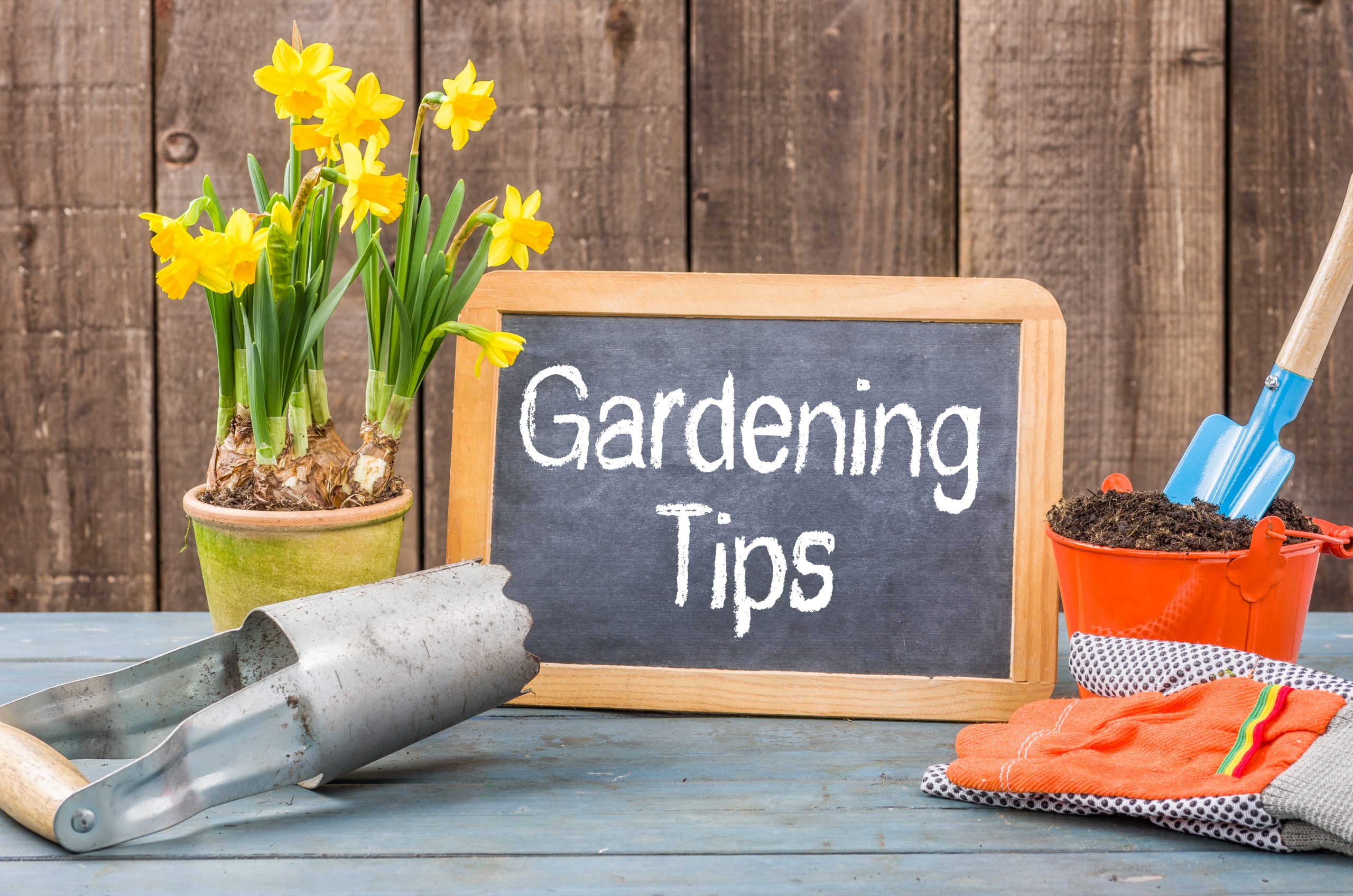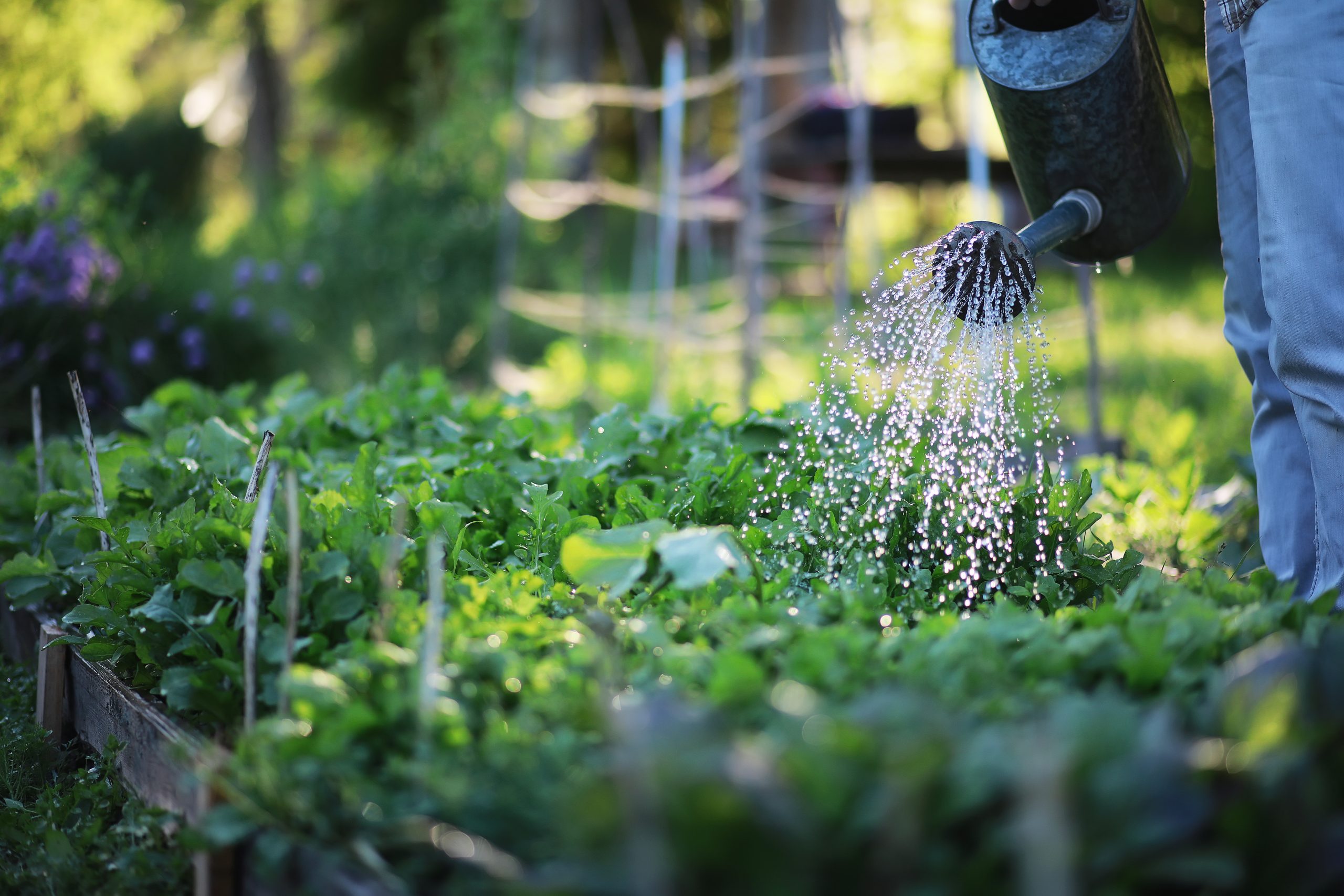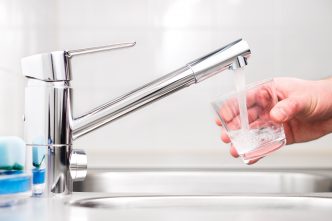There are a lot of benefits to gardening, which is why many people have pursued this hobby. Aside from fresh produce, which you can use for home-cooked meals, you’ll get enough exposure to vitamin D, boost your mood, and perform exercise through gardening. Having said that, it pays to know the right ways to get your garden lush and thriving.
Taking care of your garden requires time, energy, and commitment. You need to treat your plants and crops like your own baby. Often, gardeners need to give them tender love and care, and you might even consider talking to them like you would to your baby.
Take advantage of a lush garden if you apply the following care tips:
1. Prepare An Effective Water System
Aside from regular sunlight, water is a vital element that your plants require frequently. Therefore, it pays to prepare an effective water system for them. Installing a water tank can be so helpful in the garden. However, the time and frequency of watering them will depend on the kind of plants or crops you have. The amount of water your garden needs may be lesser than you thought. Therefore, it’s crucial to know their water requirement early so you know how to take good care of your plants.
Another thing to consider is when to water your plants. Some crops demand water at a specific time of the day. Check your plants for wilting before watering. Wilted plants should be watered deeply. By doing this, the roots will grow deeper into the soil, away from the surface. There are also other plants that need more frequent watering every day, so be sure to check their requirements first.
One good practice in watering plants is to focus on the roots and soil. There are water sprinkler systems and tools that can make this task easier and less demanding. If you prefer not to water your plants frequently, go for those that only require water every after few days.
2. Nurture The Soil
Every gardener knows how crucial soil health is for plants. Usually, unhealthy plants come with a problem with their soil, so it makes more sense to address it there. Healthy roots are essential to plant health, and focusing on long-term nourishment will promote better air and water circulation. There are many ways to nurture your soil.
For instance, you can use organic compost to improve soil quality. Making your own is a great way to save the environment, and you can also help reduce landfill waste. Organic compost is usually loaded with nutrients. Compost should never be overused, so spread it all over your lawn and garden beds.
3. Remove Weeds
Getting rid of pesky weeds is one of the challenges of garden maintenance. Unless mitigated in the early stages, they can quickly take over your garden. Minimizing weed growth and development space is the best and easiest method to solve this problem. You can manually remove weeds using your garden tools whenever you have a gardening session.
The seeds can also be prevented from sprouting using mulch if they have already started. You need to act fast if you don’t want to find yourself pulling them out of the soil in a daunting manner. Remove weeds in order to keep your plants and crops growing healthily.
4. Get Rid Of Garden Pests
Unfortunately, right before you harvest your crops, sometimes garden pests have already consumed them way before. Some of the common garden insects you’ll find are bugs, caterpillars, ants, beetles, and bees. Plants can become infected with viruses and bacteria if they are exposed to them.
Most insects act as virus carriers and can easily spread from one plant to another. Your plant suffers undue stress every time insects or bugs attack it. Therefore, it’s important to check and get rid of these insects while you’re caring for your plants. There are many ways to mediate pest manifestation in your crops. For starters, you can go for pest-resistant seeds.
5. Invest In High-Quality Gardening Tools
Garden tools are essential for garden maintenance. Make a list of all the garden tools you need and invest in good-quality ones. Keeping them organized will help you find them easily. Find an outdoor space in your garden to use as tool storage. Consider keeping all your garden tools on a pegboard. This gives you easy access to use and keep them. Invest in the right tools, and your garden will continue to be well-kept.
6. Consider Using Fertilizers
Fertilizing your plants is an important part of garden maintenance. You should, however, be careful when fertilizing your plants since too much can burn their roots and prevent them from absorbing water. It’s key to ask for advice and support from professionals. The next time you go to a plant shop, ask the staff whether fertilizer is necessary to keep your plant healthier. Also, be keen on the necessary dosage, as an oversupply of nutrients may cause adverse effects on the plants.
Conclusion
Gardeners dream of lush gardens filled with flowers and evergreens. Your dream garden can become a reality by following these gardening tips mentioned above. You may also consider remodeling your garden if you want to expand and change its look.














